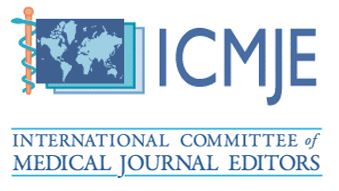Evaluation of the Effectiveness of Behavioral Empowerment Training on Improving Mother-Child Relationship and Parenting Self-Efficacy Beliefs of Female Household Heads
Keywords:
Empowerment; Parenting self-efficacy; Parent-child relationship; Female household headsAbstract
Aim: The present study aimed to examine the effectiveness of behavioral empowerment training on improving the mother-child relationship and parenting self-efficacy beliefs of female household heads. Methods: The present quasi-experimental research had a pretest-posttest design with a control group. The statistical population consisted of female household heads under the protection of the Imam Khomeini Relief Foundation in Shahrud. After reviewing the research population and the female household heads, we selected 30 mothers with lower scores in self-efficacy and parent-child relationship questionnaires as the research samples using convenience sampling and put them randomly into 15-individual experimental and control groups, and the experimental received 8 group-based behavioral empowerment training sessions. We used the analysis of covariance to analyze data. Results: The results indicated that behavioral empowerment training for mothers significantly increased parenting self-efficacy beliefs (P=0.04, F=3.19) and it significantly increased the parent-child relationship in parents (P=0.01, F=7.53). Conclusion: Based on the results, behavioral empowerment training for mothers promoted parenting self-efficacy beliefs and the parent-child relationship.
Downloads
Downloads
Published
Issue
Section
License
Copyright (c) 2020 Shahrbanoo Molahasani, Mahbobeh Taher (Author)

This work is licensed under a Creative Commons Attribution-NonCommercial 4.0 International License.



































